Discover financial empowerment resources
Discover financial empowerment resources
Home improvement projects can be a great way to update and enhance your living space. For some older adults in Canada, however, these projects can sometimes lead to scams and financial abuse. While anyone can be a victim of financial fraud, older adults are often a target for door-to-door...

An emergency fund is money you set aside to pay for unexpected expenses. These can include things like medical expenses or unexpected home or car repairs. An emergency fund also provides a cushion in the event you lose your job or have an unexpected loss of income. It’s an important financial...
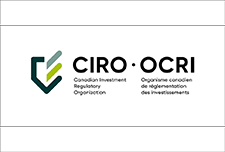
York Region Plan to Support Seniors hosted an information series with John in late 2024. In these recorded sessions, John looks at what people need to know about retiring on a low-income, how to make the most of government benefits and other considerations. Session 1: What “low-income” means...
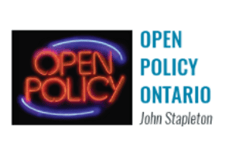
Investing can be a great way to grow your wealth, but it’s important to understand the tax implications that come with it. In Canada, the taxation of investment income varies depending on the type of investment and the account in which it is held. Access this resource by the Canadian Investment...

This glossary of investing terms put together by the Canadian Investment Regulatory Organization (CIRO) may be useful for new and seasoned investors...

Money Smarts: My Financial Journey is an engaging board game designed for Indigenous youth aged 12 and older. The game introduces players to essential financial literacy concepts through realistic scenarios, encouraging them to develop practical skills for managing their own financial...
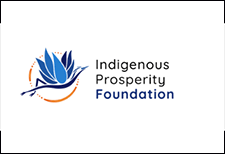
Women and girls are highlighted within Canada’s National Financial Literacy Strategy as a diverse population that can benefit from tailored approaches to strengthen financial resilience. To help close the gender gap, the Financial Consumer Agency of Canada (FCAC) developed and tested the benefits...

Money and Youth starts with an exploration of one’s values and covers how to make good decisions – and be aware of those who will try to influence decisions and how they can go about doing so. The book then proceeds through a learning framework looking at the challenges and opportunities of...
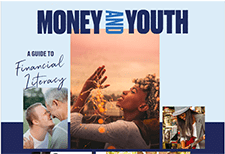
The Dollars Seen Differently podcast breaks down financial topics to make them more accessible for people who are blind, Deafblind or have low vision. Hosted by Ryan Hooey, each episode features a down-to-earth conversation with financial experts, offering practical tips and resources on topics...
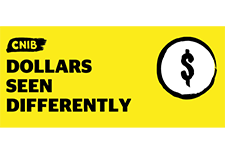
Like so many other Ontarians, you may want to work with a financial professional to plan for various financial goals. Knowing who to talk to when seeking financial planning or advisory services can be hard. To give you confidence when seeking advice from anyone using a Financial Planner or...
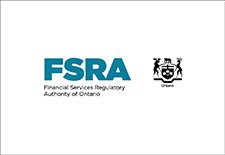
This guide by the Canadian Investment Regulatory Organization covers these topics: What are crypto assets? Blockchain technology Cryptocurrencies or crypto assets? Buying and selling crypto assets Alberta securities law for crypto assets and crypto asset trading platforms Holding your...

Accessing online and mobile financial and investment services has become a standard for many Canadians. Cybercriminals from around the globe seek to take advantage of this trend while staying largely anonymous. Even the most savvy and experienced investors must be vigilant to safeguard their...

This handout outlines the common warning signs of financial abuse, tips for identifying abusers, and suggested prevention...

Banks in Canada are working around the clock on the prevention and detection of fraud and cyber security threats and work closely with each other and with bank regulators, law enforcement and all levels of government to protect the financial system and their customers from financial crimes. There...
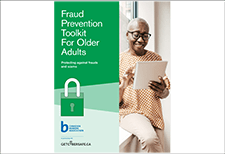
The 2021-2023 Building Financial Wellness in First Nations (FWFN) project - led by Prosper Canada and funded by IG Wealth Management - aimed to integrate culturally appropriate financial wellness supports into existing services in Manitoba and Ontario First Nation...
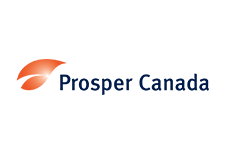
The Office of the Investor at the Canadian Investment Regulatory Organization (CIRO) engaged with Innovative Research Group to conduct the organization’s first national investor survey. The objective of this general population (and particularly investors) survey research is to help CIRO better...
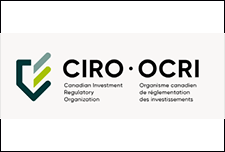
FCAC’s new webpage, Choosing a financial institution, will help consumers determine which type of financial institution best meets their needs. The topics covered include: Identifying the financial products and services you need Deciding if you want all your products and services with one...

Financial abuse is one of the most common forms of elder abuse in Canada. Learn how to identify and prevent it, plus where to go for help if you or an older person you know is being financially...

The first study of its kind measuring the impact of behaviorally informed advice on investor outcomes. It is common to seek the opinion of an expert when faced with a difficult decision. BEworks' research confirms this phenomenon in a range of consumer scenarios. For instance, parents faced with...
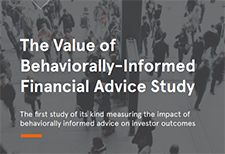
Visitors to the Learning Hub may read past copies of the quarterly Learning Hub Digest where we share quarterly updates to keep you informed on the latest financial empowerment, resources, research, and learning events. Issue 17: December 2025 Issue 16: September 2025 Issue 15: June 2025 Issue...

FAIR Canada engaged The Strategic Counsel (TSC), a national market research firm, to undertake focus groups to better understand Canadian investors. The overall purpose of this research is to provide a broad portrait of Canadian investors including their knowledge, attitudes, behaviours, and...
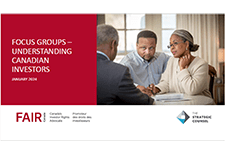
Practically everyone today seems to have some form of debt. Whether that’s from student loans or credit cards, debt is a huge issue for Canadians—one that we could all use a little help to get out of. To gain some relief, people all over the world have turned to side hustles and the “gig...
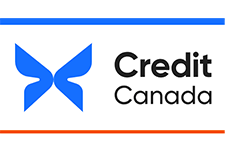
With the holidays now behind us, it’s time to focus on what’s ahead: a fresh year full of possibilities. Many individuals have popular New Year’s resolutions involving better nutrition, weight loss and work-life balance. Yet others decide that now is the time to focus on enhancing their...
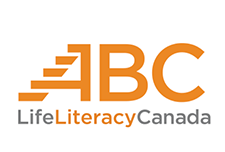
Scammers continue to take advantage of people anxious about finding a new job by perpetuating scams with phony employment offers or by involving job seekers in a money laundering operation . Read this article by the Canadian Banker's Association to learn how to spot common red flags of an...

QR codes are a popular way to offer access to information by scanning the now familiar black and white code with your mobile phone. But not all QR codes are safe to scan. Scammers are taking advantage of the widespread use of QR codes to launch new versions of old scams. Learn more on the...

